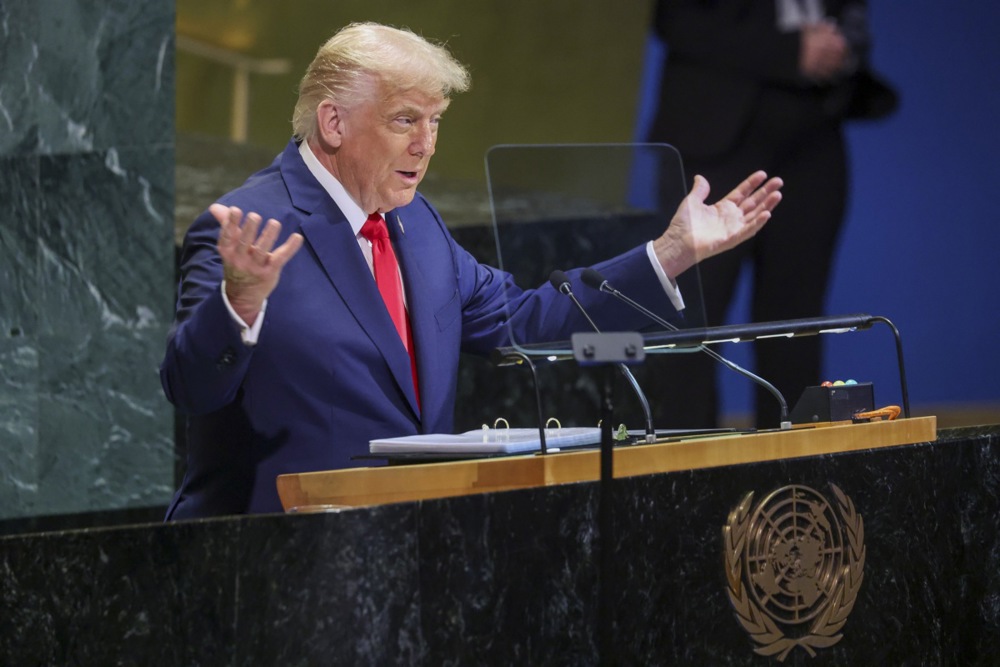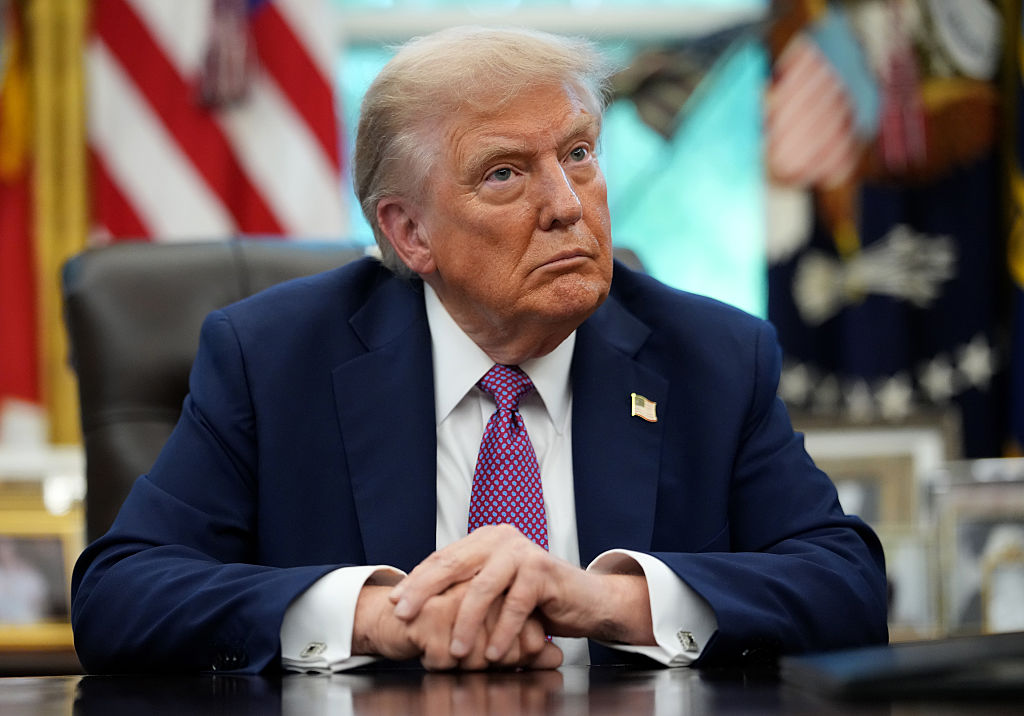The failure of the Russian government to give the slightest encouragement to President Trump that it was worthwhile having another meeting about the Ukraine War in Budapest this week, is the last train leaving the station for the Putin policy. There has been plenty of evidence throughout his reign of nearly 26 years in the Kremlin that Putin aspired to rebuild the Russian Empire and extend its borders to those first attained by Peter the Great in the 18th century and expanded by Stalin. He now appears more likely to be a less benign if somewhat more durable replicator of the lack of success of Mikhail Gorbachev.
The vacant ambiguity of then-President Biden about an American response to the announced imminent Russian invasion of Ukraine in February, 2022 was that it depended upon whether Russia sought only the acquisition of a few provinces or the reabsorption of the entire country but did not elaborate. When the invasion was launched, the notoriously incompetent chairman of the US Joint Chiefs of Staff, General Mark Milley, told a congressional committee that US military intelligence expected that Russia would occupy Kiev within a week and the entire country within a month.
Once it became clear, after Ukrainian President Zelensky declined Biden’s patronising offer of refuge for his family and himself, that Ukraine was capable of fighting with great determination for its independence, the American administration guided NATO in a policy of providing adequate weapons and munitions for Ukraine to avoid defeat but not adequate support to inflict defeat upon Russia. Trump, who was then the unofficial leader of the opposition, chiefly dealing with the spurious politicisation of the US prosecution service to derail his effort to overturn the questionable 2020 election result and return to the White House, immediately signalled that there were two Western goals in Ukraine. Not only could Russia not be allowed to retrieve the largest single element in the West’s decisive success at the end of the Cold War, the most bloodless strategic victory in the history of the world, confirming that the Western Alliance was a paper tiger.
Trump also saw that inflicting a humiliating defeat on Russia, (of which there was little possibility under the initial lethargic NATO strategy), ran the risk of driving Russia permanently into the hands of the Chinese. Apart from an acceleration of an apparently inexorable Russian return in strength to Central Europe if it were successful, too severe a setback would drive Russia durably into the hands of China. The ultimate nightmare continues to be that China will ship 40 million surplus people to Siberia to extract the resources of that vast area that, apart from oil and gas, Russia has not succeeded in exploiting, in exchange for a royalty to the Kremlin. This would make Russia a vassal state of China, make China a rich country for the first time in its 4,000-year history, and establish it as the Eurasian hegemon.
Since returning to office in January, Trump has tried to convince Putin that the United States would assure that he did not go significantly farther into Ukraine than he had already penetrated but was prepared to sponsor a peace that would trade the definitive acceptance of the legitimacy of a sovereign Ukraine in slightly reduced borders for a reorientation of a Russian policy from its present timorous apprenticeship to Beijing to one in which the West could bid for Russia’s goodwill without compromising its own principles and interests. This is the only reason why Trump has persisted with Job-like patience through Putin’s prolonged bait and switch operation.
The Russian volte face after Putin’s meeting with Trump in Alaska last month followed by the cancellation of the briefly scheduled meeting in Budapest are greater provocations than the American president, vested with an incomparably superior strategic position to that of his Russian analogue, can or should endure. The US has 14 times Russia’s GDP, and is at the head of a revitalised alliance. Having threatened and inspired NATO to raise its defence commitments, Trump has got his isolationist followers off his back by selling the sophisticated weapons to Europe, which they will then put into the hands of the Ukrainians at no cost to the US public. Putin has already suffered more than one million casualties, approximately 100,000 outright desertions, and hundreds of thousands of draft evasions for nearly four years of combat in which Russia has managed to occupy approximately 15 per cent of a country of a quarter of Russia’s population.
This entire enterprise has been an unmitigated disaster for Russia, its most spectacular military fiasco since the Battle of Tsushima in 1905. The desertion of the Wagner mercenaries and their undisturbed march toward Moscow indicated how wobbly the Russian effort is. Trump’s hand is already hovering over an authorisation of Ukraine to fire Tomahawk missiles to ranges that would familiarise the civil populations of Petersburg and Moscow with the facts of aerial warfare as Putin has familiarised the people of Kiev and other Ukrainian cities. Trump is also known to be on the verge of organising a group of petroleum exporting countries, including the United States, to replace Russia as a supplier of oil and gas for Western Europe. At that point, the likely collapse of Putin’s energy exporting revenues and the imposition by the United States of secondary sanctions on countries ignoring the US embargo on Russia, coupled with an escalated Ukrainian military capability bringing the war home to the Russian people, will drastically turn the correlation of forces and the fortunes of war in Ukraine. Trump has already dismissed Putin’s nuclear sabre-rattling as piffle.
If Putin does not find and grasp a straw that enables him to reopen serious discussions with the Trump administration, it is difficult to see how the hard men in the Kremlin will be able to tolerate his continued incumbency; Alexander Kerensky and Mikhail Gorbachev were more admirable men displaced from the headship of Russia for less serious errors.





French parliamentarians have nibbled away like termites at the stability formed by de Gaulle